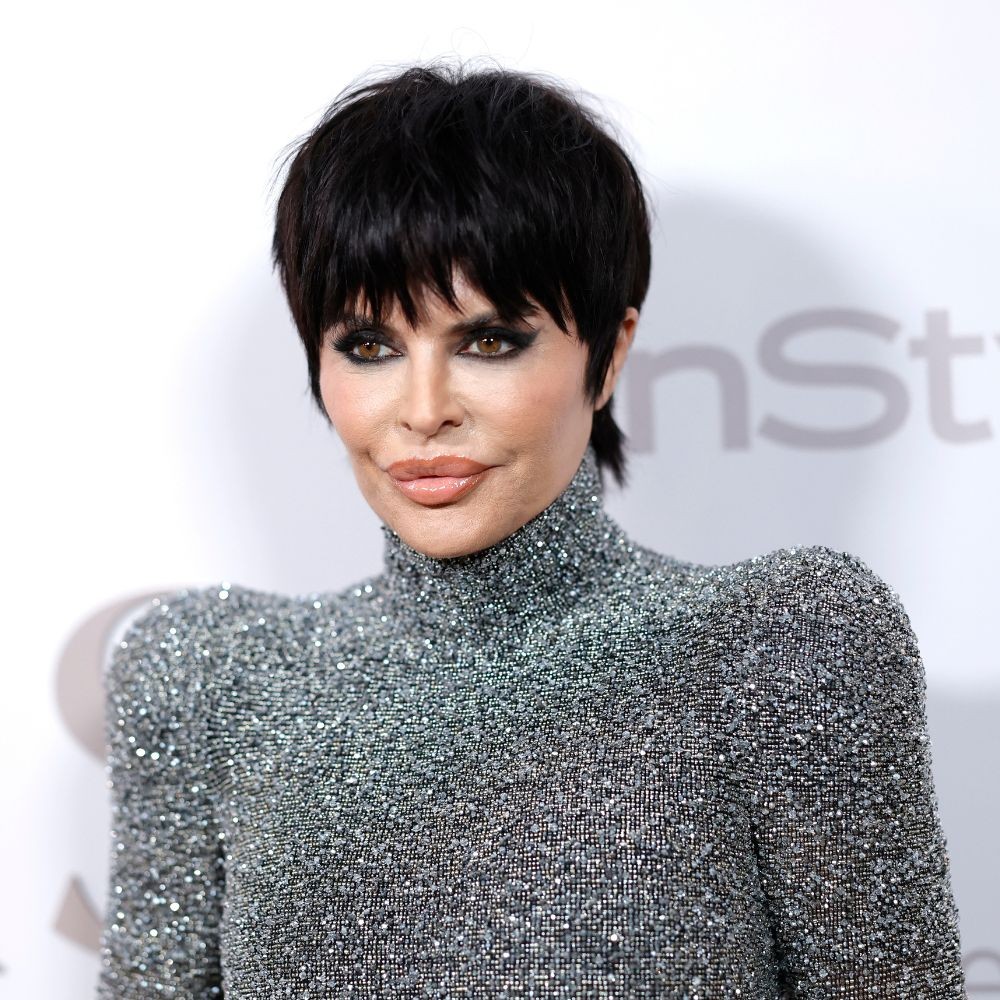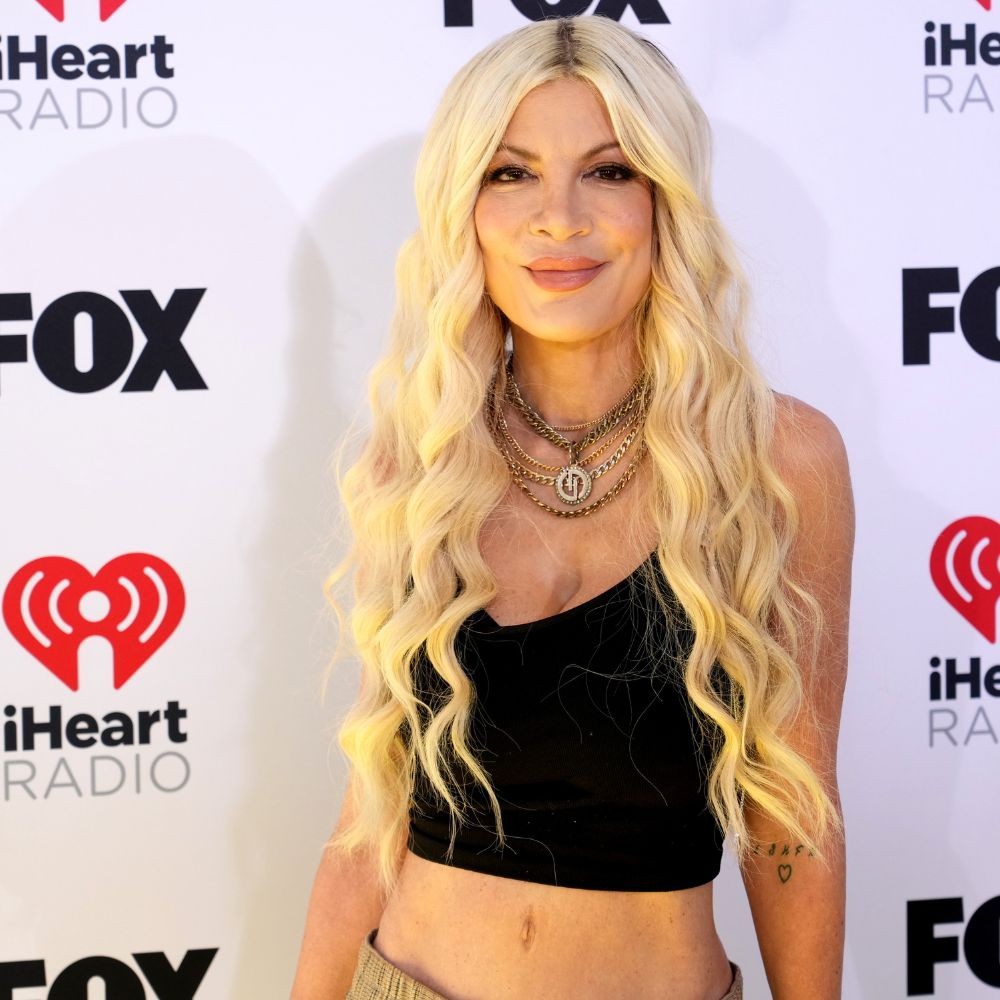EXCLUSIVE: How to prevent your scalp from getting dry and itchy in the cold weather according to an expert
Seasonal variations of temperature and humidity have pronounced effects on our skin and hair.
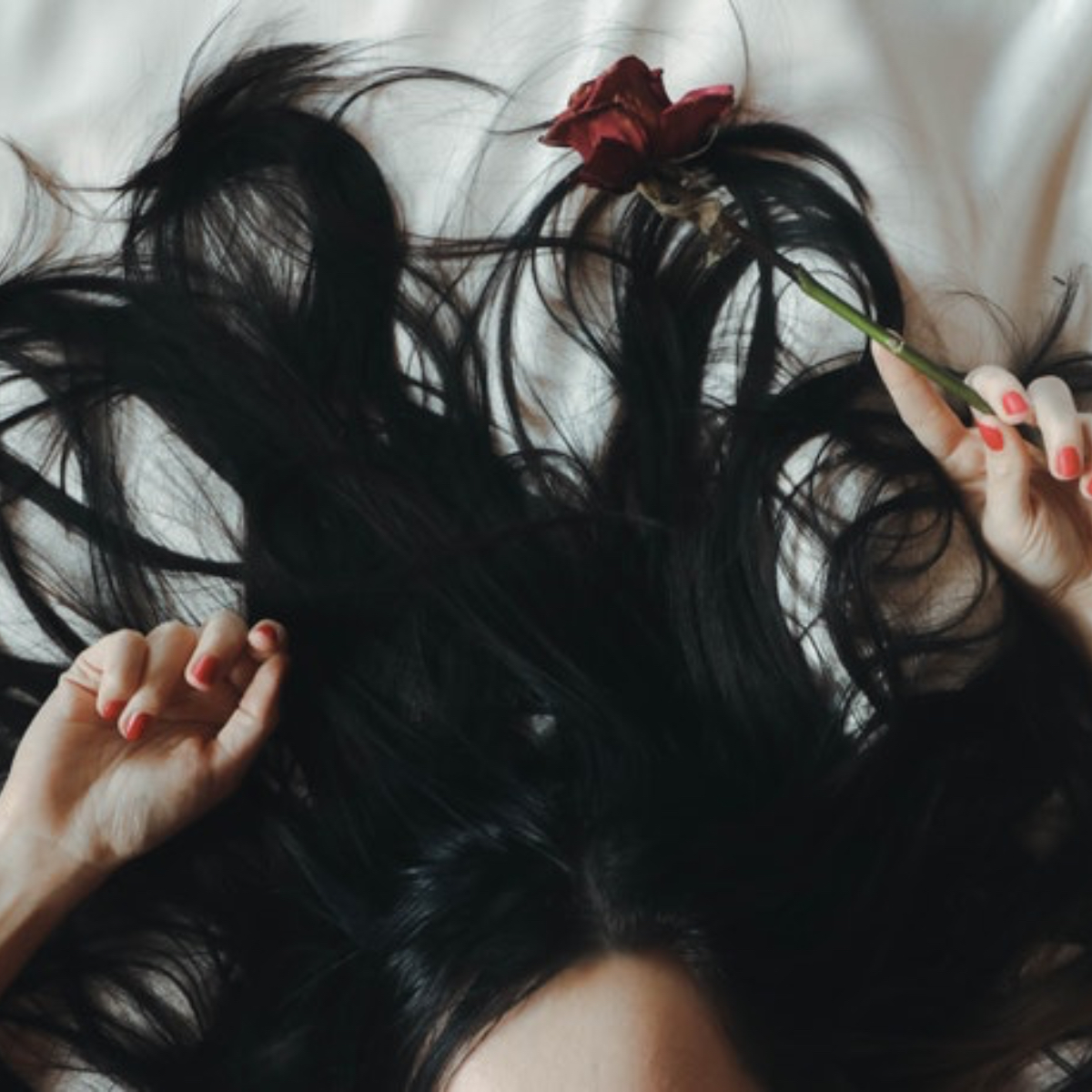
Winter causes our hair and scalp to dry out due to a decrease in relative humidity in the air, which leads to increased water loss from our skin and hair (transepidermal water loss, TEWL). This dryness can cause more itching and increased scales or flakes formation (dandruff). The condition is also aggravated by the fact that the shampooing frequency decreases as the temperature dips down further, leading to the accumulation of flakes. That’s why many people observe worsening dandruff conditions (seborrheic dermatitis) during winter. Seborrheic dermatitis is further aggravated by increased colonies of Malassezia fungus during winter. Few medically known conditions which lead to itching and scaling are atopic dermatitis, seborrheic dermatitis, and psoriasis. These conditions usually worsen in the winter season. However, if we adopt certain practices we can avoid dry and itchy scalp in winter. These are as follows:
The priority is to keep the body hydrated by drinking plenty of water regularly. Increase your probiotics as well; they boost the immune system, which helps the body fight fungal infections that cause dandruff or dry scalp. Furthermore, drink at least eight glasses of water per day to improve the health of your scalp and future hair growth.
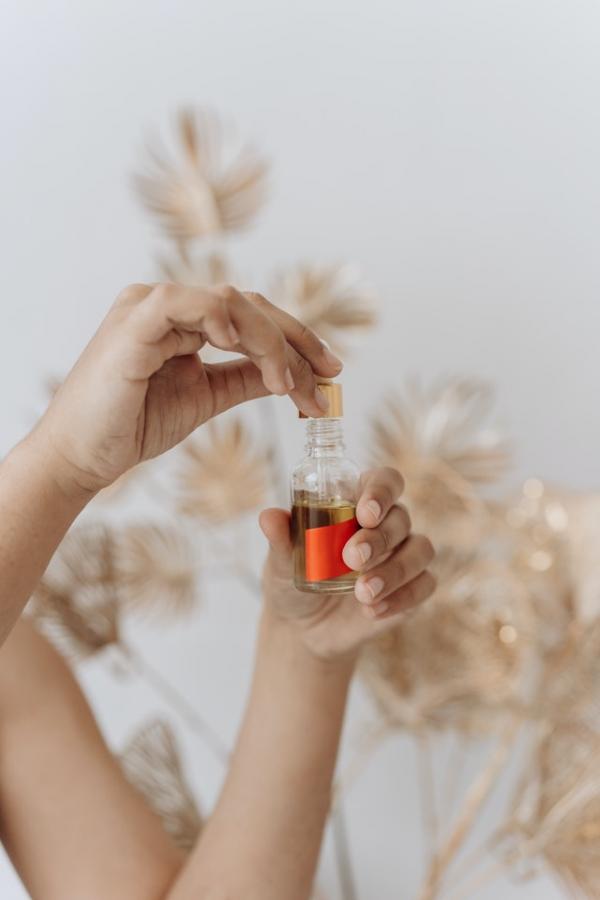
Regular oiling (olive oil, coconut oil) can also help in reducing transepidermal water loss, however oiling generally aggravates seborrheic dermatitis, so people with this condition should avoid oiling. It is better to do oiling just before shampooing. Oiling with essential oils can also help in reducing dryness and itching and these are usually not greasy.
Shampooing should be done regularly at least twice a week. Shampoo containing lauryl or Laureth sulfate offers better cleaning but also causes more dryness. If you use these shampoos, it is best to follow up with a conditioner. People having thick flakes or oily scalp should use these kinds of shampoos. Shampoo containing natural oils and hydrating agents like panthenol can be used in people with a normal scalp. These shampoos cause less dryness, but cleansing is also less. The use of shampoo with an optimal pH (4.5-6.0) reduces the secretion of serine proteases that can initiate scalp itching. Itching can also be reduced by using shampoo or lotion containing menthol or camphor.
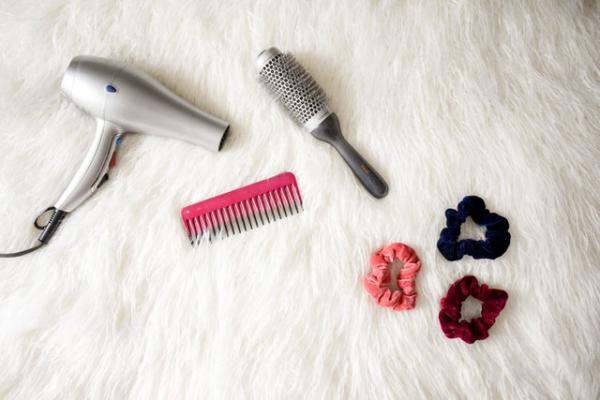
Overuse of heat/beauty treatments such as heated curling tongs, straighteners, and dryers should be avoided: hot styling products should not be applied to the scalp at all. Make sure to keep these tools away from your scalp when using them. Heat styling tools remove all of the moisture from your hair, leaving it dry and brittle.
Stress has an impact on many aspects of our health and well-being. While stress does not cause an itchy scalp, it can exacerbate the symptoms.
Treatment of itchy scalp starts with diagnosing the underlying condition first. Mild conditions can be tackled with the use of mild steroid-containing shampoos. Dandruff or seborrheic dermatitis can be controlled with antifungal shampoos like ketoconazole, zinc pyrithione. Contact time is important while shampooing, a minimum 5 to 7 minutes contact period is important.
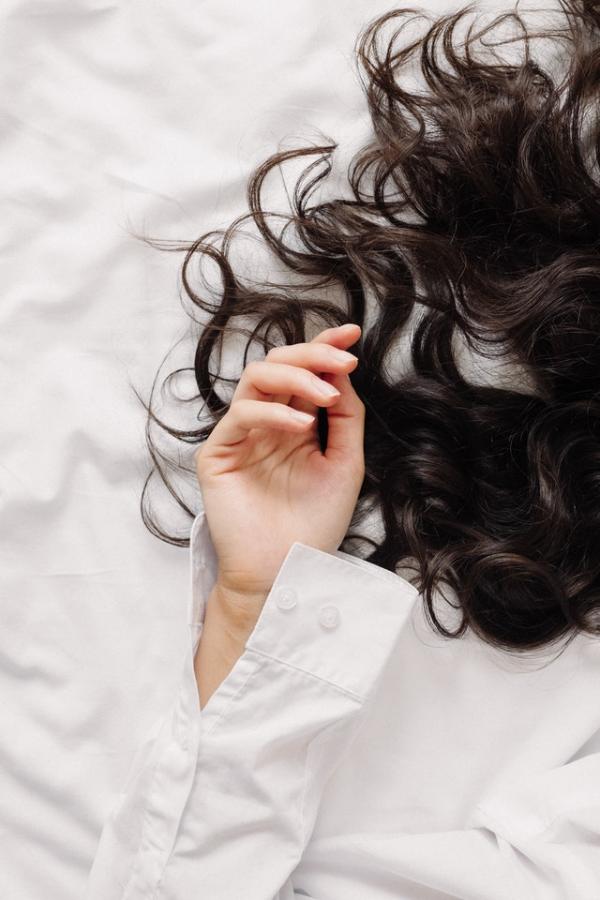
More severe conditions need a dermatologist's opinion to treat them. If you've tried a few shampoos and still don't feel better after a week or so, see your doctor or dermatologist.
About the Author- Dr. Amrendra Kumar; Consultant Dermatologist and Hair Transplant Surgeon, Director of DermaClinix, M.B.B.S, M.D. (AIIMS; Delhi); Ex Senior Resident (PGI, Chandigarh); MISHRS (USA) Member of SIG (Trichology), IADVL.
ALDO READ: Watermelon for the skin: 8 Products enriched with watermelon that will change your life





 JOIN OUR WHATSAPP CHANNEL
JOIN OUR WHATSAPP CHANNEL















































